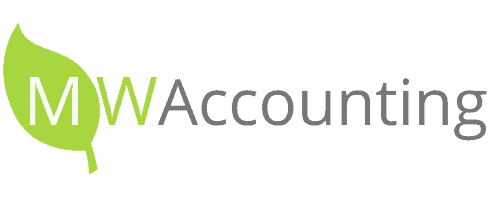Key points from the Chancellor’s summer budget
Personal Tax
The personal allowance will increase from £10,600 (2015-2016) to £11,000 from 6 April 2016. This is line with the Government’s plans to increase the personal allowance to £12,500 by 2020.
The higher rate threshold is to increase from £42,385 (2015-2016) to £43,000 from 6 April 2016.
New National Living Wage
To be introduced at £7.20 per hour from April 2016 increasing to £9 per hour for 25s and over from 2020.
Dividends
A major overhaul of how dividends are to be taxed has been announced with the abolition of the 10% dividend tax credit. It is to be replaced with a new £5,000 tax-free dividend allowance for all taxpayers from April 2016.
Tax rates on dividend income will also be increased. The new rates of tax on dividend income above the allowance will be 7.5% for basic rate taxpayers, 32.5% for higher rate taxpayers and 38.1% for additional rate taxpayers.
Property Income
Currently, individual landlords can deduct their costs – including mortgage interest – from their profits before they pay tax, giving them an advantage over other home buyers. Wealthier landlords receive tax relief at 40% and 45%. This tax relief will be restricted to 20% for all individuals by April 2020.
In addition, from April 2016, the ‘wear and tear allowance’, which allows landlords to reduce the tax they pay (regardless of whether they replace furnishings in their property) will also be replaced by a new system that only allows them to get tax relief when they replace furnishings.
The rent-a-room relief limit is to be increased from the current level of £4,250 to £7,500 from April 2016. This means that from 6 April 2016 a person will be able to receive up to £7,500 tax-free income from renting out a room or rooms in their only or main residential property. The relief also covers bed & breakfast receipts as long as the rooms are in the landlord’s main residence.
Annual Investment Allowance for Businesses
The annual investment allowance (AIA), which has previously been increased temporarily to £100,000 until 1 January 2016, will be set permanently at £200,000 from that date.
Corporation Tax
The rate of corporation tax will decrease from 20% to 19% in 2017, and 18% in 2020.
Employer Allowance – National Insurance
Businesses will have their employer national insurance bill cut by another £1,000 from April 2016, as the employment allowance rises from £2,000 to £3,000.
Also from April 2016, companies where the director is the sole employee will no longer be able to claim the employment allowance.

0 Comments